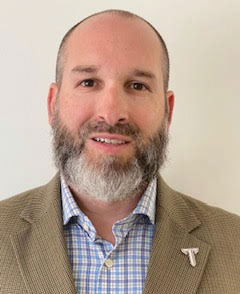 YARMOUTH, Maine – In a year in which supply chain challenges and a major recall have brought challenge after challenge for HME providers, the news that Invacare is pulling out of the respiratory market has left some worried about a new hurdle in obtaining equipment.
YARMOUTH, Maine – In a year in which supply chain challenges and a major recall have brought challenge after challenge for HME providers, the news that Invacare is pulling out of the respiratory market has left some worried about a new hurdle in obtaining equipment.
“It’s been a rough year,” said Todd Flesch, co-founder of the Charlotte, N.C.-basedPortable Oxygen Solutions. “I don’t know that there’s one company out there currently that can pick up the scale left by Invacare. It might be piecemeal or it might mean finding new ways of acquiring equipment.”
Invacare announced in November it would discontinue production of its respiratory line by year end, including the popular HomeFill, which allows users to refill their oxygen supply.
Jason Jones hasn’t bought much equipment directly from Invacare in the last decade because he says their prices are too high, but he has bought HomeFill devices on the more cost-effective secondary market, because he feels that modality has value.
“We’ve bought from companies going out of business and secondary suppliers,” said Jones, president of Jones Medical Supply in Troy, Ala.“There’s no immediate effect on us, but I do believe if these other companies don’t pick up on the HomeFill model and re-create it, that will have a significant impact.”
While supply chain challenges have been felt across the board, providers who provide oxygen and CPAP therapy are acutely aware of the dangers of what can happen when a manufacturer’s products are suddenly unavailable. A year and a half after Philips first announced a recall of certain CPAP devices and vents, providers are only now starting to dig out from under a huge backlog.
“This puts a lot of limitations on our ability to order products,” said Brian Wilson, COO of Commonwealth Home Health Care in Danville, Va.“I worry that prices may jump. The other manufacturers can’t keep pace with the needs of the industry.”